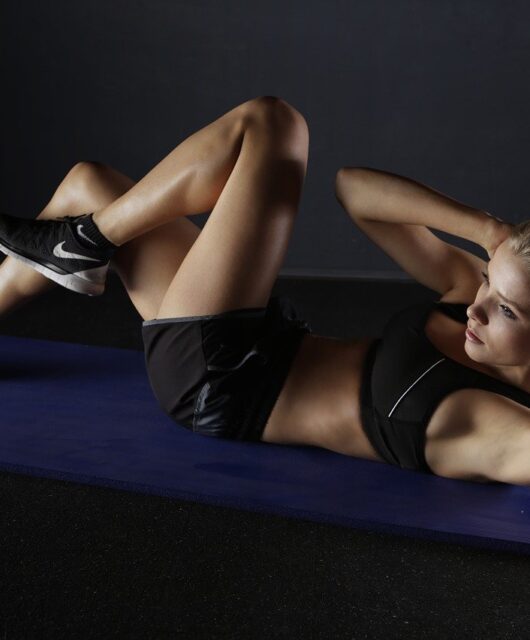6 Ways To Stop Period Cramps

Different people experience periods differently. While some barely notice them, some go through some pain and discomfort during this time. Others experience excruciating cramps. Whether your pain is mild or excruciating, it might interfere with your life to some degree on those days of the month. How can you make it better? Here are six ways to stop period cramps.
Table of Contents
1. Take OTC Medication
The hormone prostaglandin can cause muscle contractions and pain. Fortunately, anti-inflammatory medications like Ibuprofen can reduce the amount of prostaglandin in your body and provide fast-acting relief.
Most women are surprised at how much easier OTC pain medications and comfortable period panties can make their menstruation days.
2. Drink More Water
Bloating can make menstrual cramps worse and by causing additional discomfort. Drinking water can alleviate bloating and some of the pain associated with it. Ensure to drink a lot of water and fresh juices at this time. Even better, drink hot or warm water and herbal teas. Hotter temperatures increase blood flow throughout the body. This relaxes muscles and can ease uterine contractions.
3. Eat More Anti-Inflammatory Foods
Eating anti-inflammatory foods can greatly ease the discomfort of menstrual cramps. These work by relaxing the uterus and promoting increased blood flow. Some easily available anti-inflammatory foods include pineapples, berries, tomatoes, ginger, garlic, turmeric, greens, almonds and fatty fish like salmon.
4. Switch to Decaf
While you might feel like your daily dose of caffeine will make your day better, it doesn’t do much for cramps. Caffeine causes your blood vessels to narrow. As a result, your uterus constricts, making period pain even more pronounced. If you must have a coffee fix, opt for decaf instead. If this doesn’t help your afternoon slump, take a 10-minute power nap or a protein bar to help re-energize yourself.
5. Heat Therapy
Anything that helps relax your uterine and abdominal muscles eases period cramps. Applying a heat compress is an example of something simple you can do at home or at the office in school to get relief. Take a heating pad or a hot water bottle and apply it to your abdomen. You can move it around as necessary. If you are at home, a hot shower can provide temporary relief as well.
6. Talk to Your Ob/GYN
Sometimes period pain is caused by underlying medical issues. This is often the case for people that suffer excruciating back, abdominal and joint pain during their period. It might help to talk to your physician or gynecologist in order to rule out underlying health problems or get treatment for them.
While period cramps are very common, they can interfere with how you live your life. Fortunately, these steps can significantly help minimize the pain you experience so that your menstruation days become more bearable.









